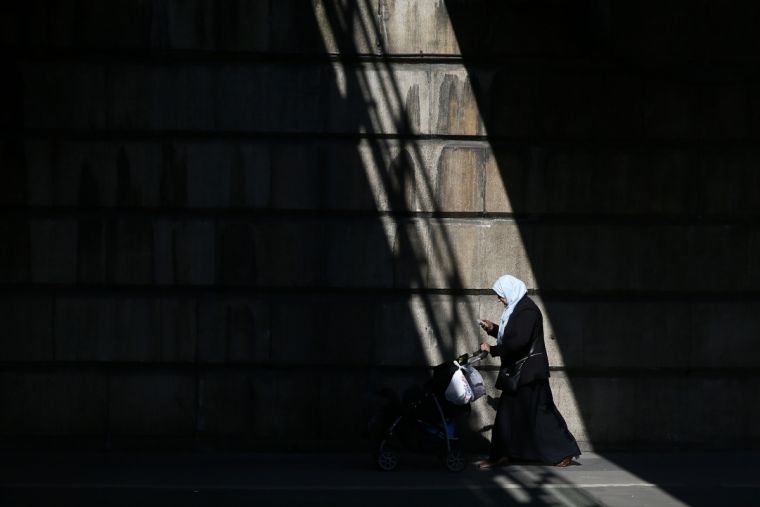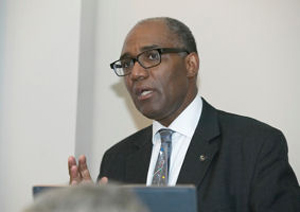Half of British Muslims think homosexuality should be illegal
Around half of British Muslims believe homosexuality should be illegal, an in-depth survey has revealed.
The research, commissioned for Channel 4 documentary What Muslims Really Think, to be aired on Wednesday, compared the views of 1,000 representative Muslims across the UK with a control sample of 1,008 interviewed over the phone.

Of those polled, 52 per cent of Muslims disagreed that homosexuality should be legal in Britain. This compared to 5 per cent of the general public who disagreed.
In addition nearly a quarter (23 per cent) thought sharia law should be introduced in parts of the UK and 39 per cent agreed that "wives should always obey their husbands". Nearly a third (31 per cent) said it was acceptable for a British Muslim to have more than one wife. Eight per cent of the general public agreed.
When it came to terror attacks, only four per cent said they sympathised with those who carried out suicide bombings and four per cent sympathised with people who carried out terrorist actions as a general form of political protest.
However a far higher proportion (86 per cent) of British Muslims felt a sense of belonging in Britain and an overwhelming majority (91 per cent) said they felt they belonged to their local area. This is higher than the national average of 83 per cent and 76 per cent respectively.

Trevor Phillips, the former head of the equalities and human rights commission, will present the findings in Wednesday's documentary. He told BBC Radio 4's Today programme: "On specific issues – families, sexuality, gender, attitudes towards Jews and on questions of violence and terrorism, the centre of gravity of British Muslim opinion is some distance away from the centre of gravity of everyone else's opinion.
"One in six Muslim say they would like to live more separately, a quarter would like to live under sharia law. It means that as a society we have a group of people who basically do not want to participate in the way that other people [do].
"What we also found is that there is a correspondence between this desire to live separately and sympathy for terrorism. People who want to live separately are about twice as likely to say that they have sympathy for terrorist acts. Anybody, including most people in the Muslim community, would find that extremely worrying."
Philips admitted he previously "got almost everything wrong" when it came to immigration and Muslim integration. Writing in the Sunday Times he said: "The integration of Muslims will probably be the hardest task we've ever faced. It will mean abandoning the milk and water multiculturalism still so beloved of many and adopting a far more muscular approach to integration."
However Shaista Gohir, chair of the Muslim Women's Network UK, said other devout religious groups such as Christians and Jews would hold similar views if interviewed. She also criticised the report because it did not reflect changing attitudes among younger Muslims.
Gohir said the fact that around half thought homosexuality should be legal was a sign attitudes were shifting.











